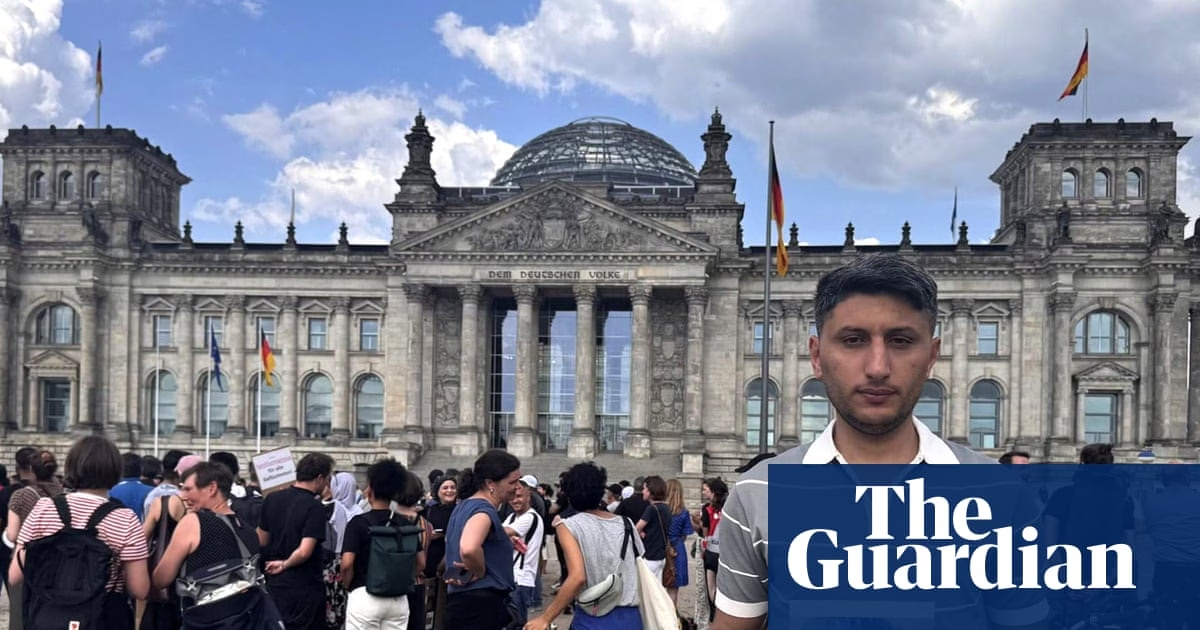Outside Germany’s parliament in June, Ahmad Shikh Ali stood with tears before holding up a blurry photo of his son. Having escaped from Aleppo over two years prior, Shikh Ali had endeavored to secure a safer future for his son: he relocated to Hanover, obtained full-time employment, and navigated through stacks of paperwork so his family could join him.
He had come close to reuniting with his family, with only two more cases ahead of his in queue. That was until Germany’s lower house passed a law in June to pause family reunifications for migrants like Shikh Ali for at least two years.
“There since learning about this decision, I have slept poorly; my life feels at a standstill,” Shikh Ali said as he wept. “My son was crawling when I left; now, he walks.”
This is indicative of how lives have been transformed in recent times as certain European governments move to limit family reunifications. Advocates argue that these measures, which politicians present as a way to appear stringent on migration, mistakenly target family reunification.
Federica Toscano from Save the Children Europe commented, “It doesn’t make sense. We have politicians who proudly declare that they want migration to be much more manageable and organized, and family reunification is one of the most organized ways to bring people in securely and promote integration.”
In March, Austria first adopted measures to temporarily halt family reunification for refugees, citing social services being stretched thin. Politicians in Germany, Portugal, Finland, and Belgium subsequently followed.
These measures clash with the right to family life, as enshrined in treaties such as the European Convention on Human Rights and the EU’s Charter of Fundamental Rights. Toscano noted, “Family unity is valued in our society. But when the issue involves foreigners, it seems less significant.”
A study in Finland by Save the Children found that family reunification typically lasts an average of six and a half years, with some experiencing a prolonged wait of ten years.
The family reunifications remain a small fraction of total arrivals. In Austria, for instance, roughly 18,000 people arrived through these programs in 2023 and 2024, 13,000 of whom were children. Toscano claimed, “The longer the process, the more trauma you inflict on these children.”
Thomas Willekens from Refugee Action Flanders warned that the measures could backfire and boost criminal networks. Faced with limited options, people might opt for the irregular route, which could involve human smugglers.
For instance, in Germany, over 380,000 people, mostly Syrians, are expected to be affected by the plans to suspend family reunification for those with subsidiary protection status.
Promotion of newsletters is skipped for the sake of providing a direct narrative. The negative impacts of family separation have long been documented, from adverse mental health effects to feelings of isolation. Wiebke Judith from the German refugee rights group Pro Asyl stated, “It’s very hard for people to focus on learning German, finding a job, or just doing normal things every day while they’re constantly worried about their children or spouses.”
Source: https://www.theguardian.com/world/2025/aug/25/how-strict-reunification-rules-europe-keeping-families-apart







